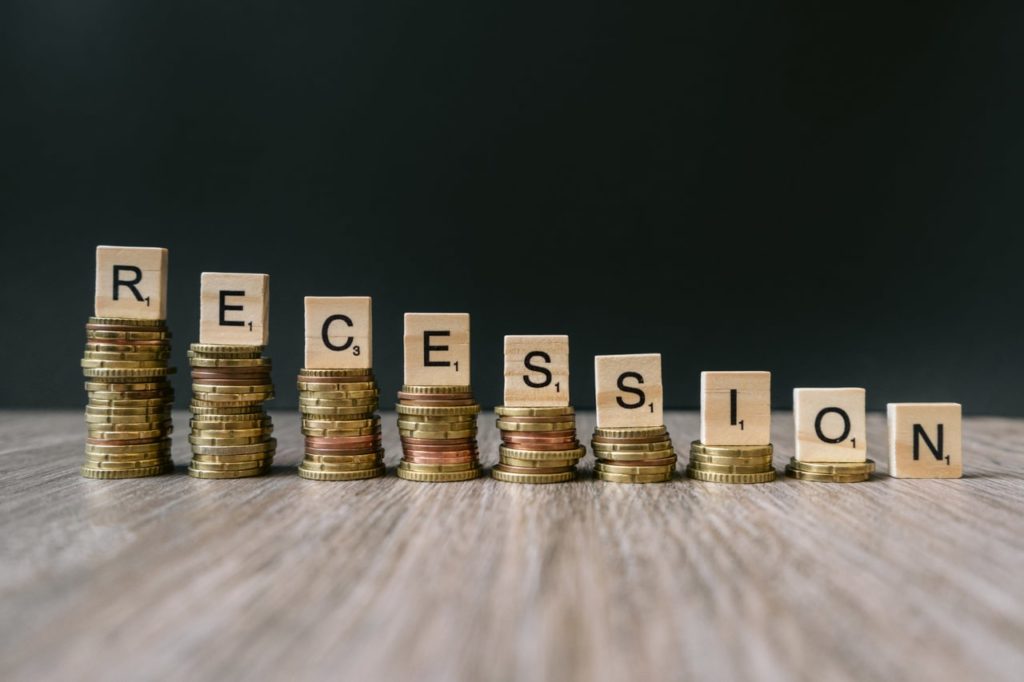Top 5 Tips To Prepare For A Recession
There is evidence of the pandemic’s economic consequences everywhere. Here are the top five tips to help you remain solvent during the next economic downturn. Keep reading to know more.

Source: Freepik
COVID-19 caused ripple effects worldwide. We lost lives, and unemployment surged. People struggled just to get by. Canadians felt the wrath as the economy got its worst hit by the recession.
David and Ben were among thousands of people who got laid off. But from thereon, their story has been entirely different. David turned to his relatives for help, but no one could help him. In addition, he caught Covid, and the medical expenses further aggravated the financial woos. To make things worse, he had not even saved anything for such financial ordeals, which eventually forced him to sell stuff.
Ben could weather the storm effectively. As soon as the news for the pandemic broke, he arranged his finances and kept his options open. Although Ben lost his job, the emergency fund kept him going and his family afloat. A poor economy could not affect Ben much since he channelized his investments to face atrocities.
Although things are looking good now, people should prepare for the unexpected. This article shares the same goal to educate readers on preparing for such unprecedented financial shocks.
What Is a Recession?
We deem a country in recession when its GDP value becomes negative. We denote the value of a gross domestic product during a specific period as GDP.
During this period, the overall earnings decline, resulting in increased unemployment and rising costs.
Although things are looking good now, people should prepare for the unexpected. This article shares the same goal to educate readers on preparing for such unprecedented financial shocks.
How to mitigate a recession?
If you want to prepare for such situations, follow these steps.
The strategies listed below will keep you protected during the next recession.
1. Put the money in an emergency fund
Saving money will keep you afloat for 6-7 months and is always a good idea. Getting credit approval during a recession is challenging. As a result, make sure you have emergency money as a backup plan.
2. Make sure you have a diversified portfolio
Diversify your investments in such a way that you do not put all eggs in one basket. Even if one stock goes down, the other stocks will balance out the loss by some profit. You must get the help of a financial expert to spread your investments in different asset classes, like stocks, bonds, real estate, etc.


3. Avoid trying to time the market
Continuously changing your financial approach will not benefit you in the long run. The most effective technique is to buy stocks in firms you believe will be around for a long time. Investing in broad market index funds is also a good idea.
4. Enhance your abilities
The skills developed over time will always be with you. New capabilities in you can add value for corporations to hire you during a desperate financial situation. You can even leverage it to work independently.
5. Continue to live your life
Recessions should never cause you to stop working daily. It is a phenomenon expected to occur at least once every decade. So far, Canada has been effective in combating every recession.
A recession is a natural occurrence over which we have only a limited amount of control. The only control over it is our ability to deal with it. These pointers will assist you in combating it.
You cannot envisage the future not getting worse with COVID-19 persisting. As a result, practice the above strategies to prepare for as many catastrophes as possible. You can find similar articles listed below.



